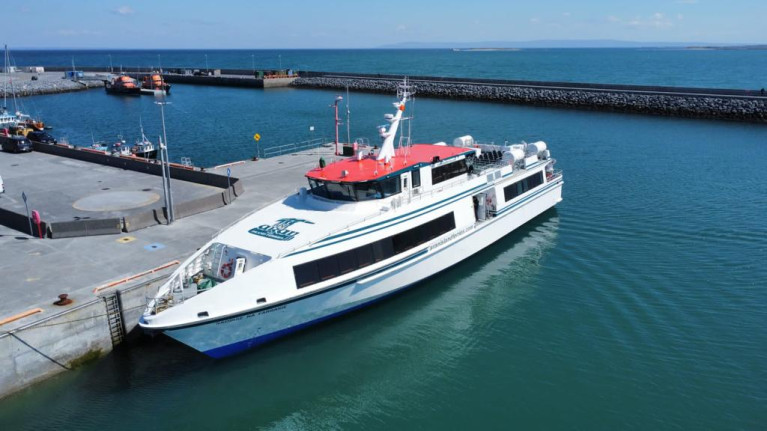Displaying items by tag: Calls for cuts
Former Gaeltacht Minister Calls for Additional Cuts on Ferry Travel Costs to Islanders
Residents on islands off the Galway coast should be afforded an increased subsidised service on ferries to and from the mainland – as existing transport costs to individual passengers are proving prohibitive.
That’s according to former Gaeltacht Minister Eamon Ó Cuív who raised the matter in the Dáil last week – only to find that the Government Department with the power to make any fare cut is holding firm to current rates.
The Fianna Fáil Deputy has repeatedly asked that fares on contracted ferry services for local residents be reduced by 20% – on top of the existing cut currently in place.
The Galway West TD has now raised the matter in the Dáil on three occasions – but the Department of Rural and Community Development has resisted the suggestion on the basis that there are both contracted and private ferries operating a service between the mainland and the islands.
He is looking to lower the transport charges for islanders on subsidised services to the islands in line with the fare reduction in rail and bus services on the mainland.
The Deputy was referring to the service provided from Ros a’Mhíl to the islands but has been told that all of the contracted air, ferry and cargo services managed by the Department were procured in an open and fair process.
For further coverage, Connacht Tribune has the story.
























































